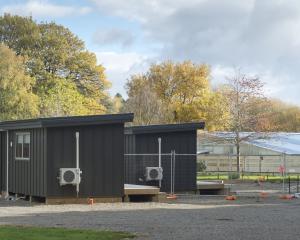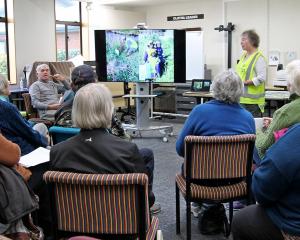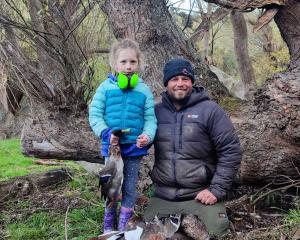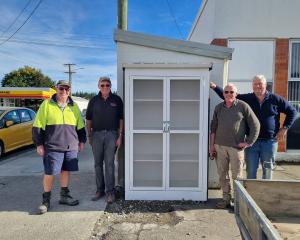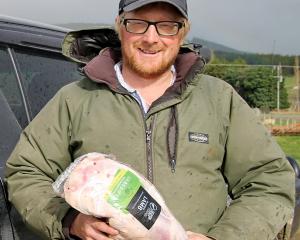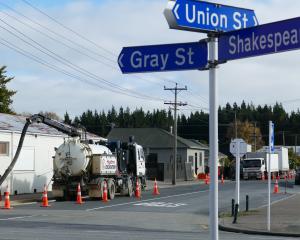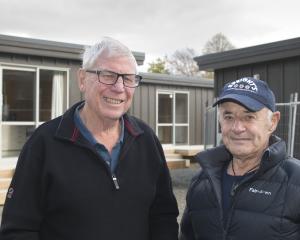Stephen Korteweg estimates up to 10 sheds have been built in South Otago in recent years as farmers get cows off paddocks over winter.
While not comparing his farming system with those proposed for the Omarama basin, Mr Korteweg said he had visited dairy farms in the United States and Europe where cows were housed most of the year, and the cows were happy, content and relaxed.
"Animal welfare was not an issue. The cows are looked after, they are well fed and looked content. It is people's perception and emotion rather than the fact," he said.
He said cows ate 25% to 30% less feed when inside as opposed to outside because the temperature inside the shed was 5degC to 10degC warmer.
Also, less feed was wasted by being trampled into the ground.
"You walk up the middle [of the shed] and get a great feeling of satisfaction seeing your animals being looked after," he said.
Cows which may be in light condition actually put on weight when in the shed because they were warmer, better fed and not battling the elements.
Controlling nutrients from effluent was difficult when the soil was saturated over winter, but in the sheds this was collected in bunkers underneath the slated floor, with liquid stored in ponds.
The effluent was spread on pasture when ground conditions were dry and grass was growing and would not filter into waterways.
Such was the success of his first wintering shed, Mr Kor-teweg has built a second at a cost of over $270,000 and now winters all but 180 of his cows indoors.
The judges of the Otago Ballance Farm Environment Awards commented the sheds were a contributing factor in Mr Korteweg and his wife, Rhonda, winning the supreme prize this year.
South Canterbury dairy farmer Aad van Leeuwen recently spent $2 million on a 224m by 32m wintering shed at Waianakarua to house 1000 cows which were milked over winter.
On fine days the cows were put outdoors.
An automated scraper system, which did not require water, scrapped effluent from a central lane into a bunker at one end of shed.
This was stored and applied to paddocks when conditions permitted.
Mr van Leeuwen estimated earlier this year it had saved him $50,000 in fertiliser costs.
He has built a second shed for the cows at his Glenavy farm also for winter milk supply.



